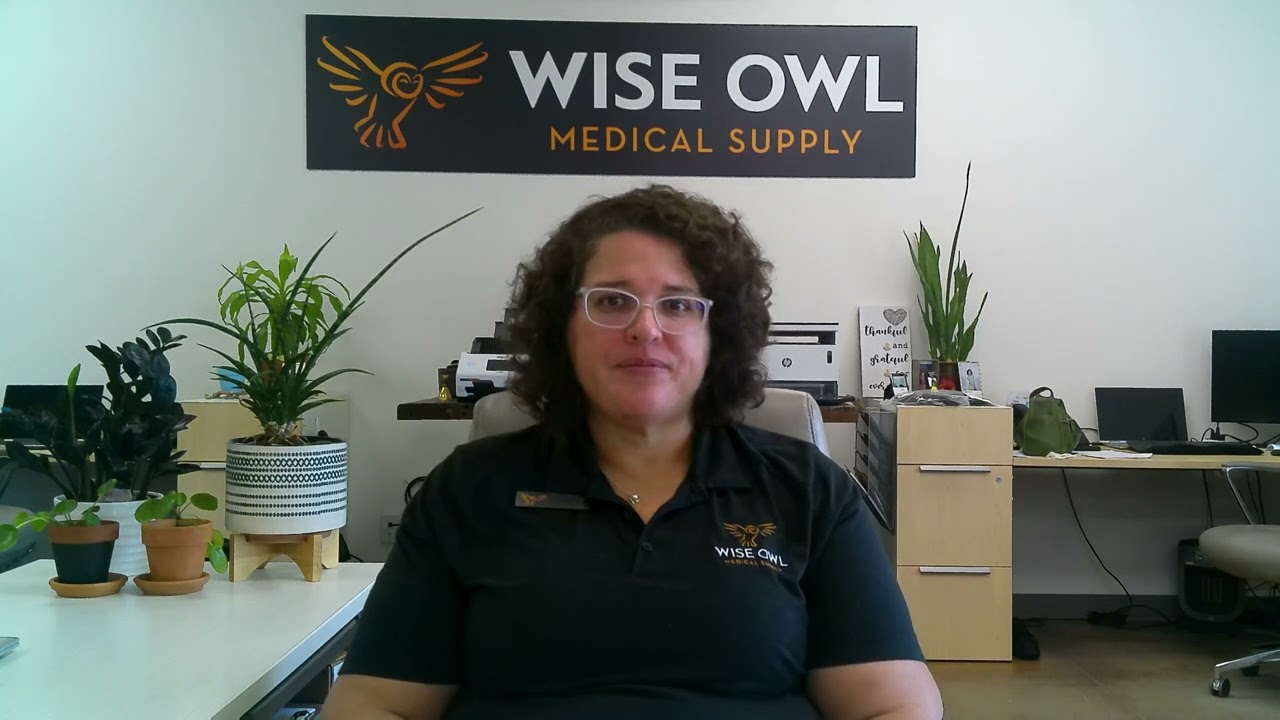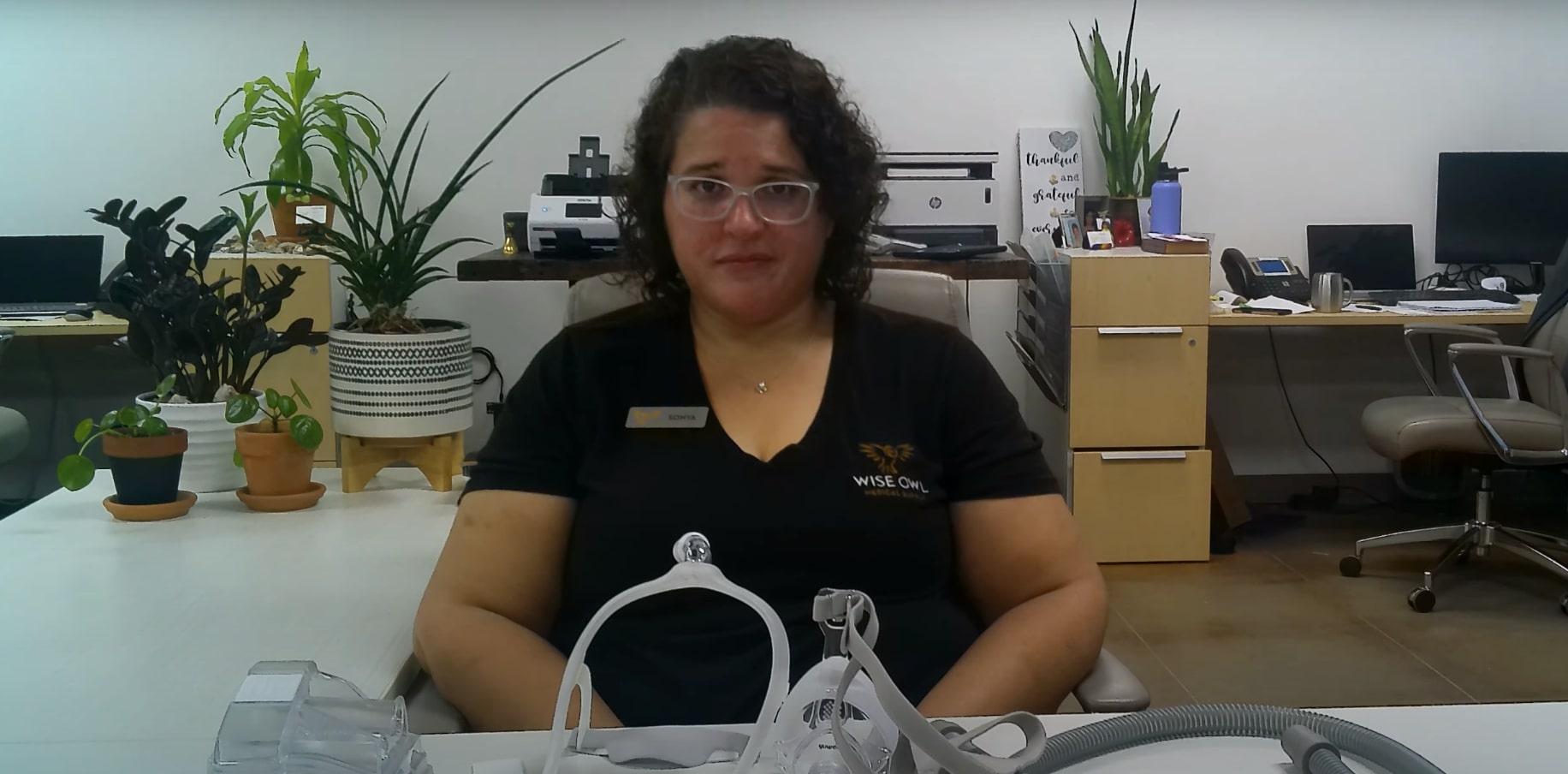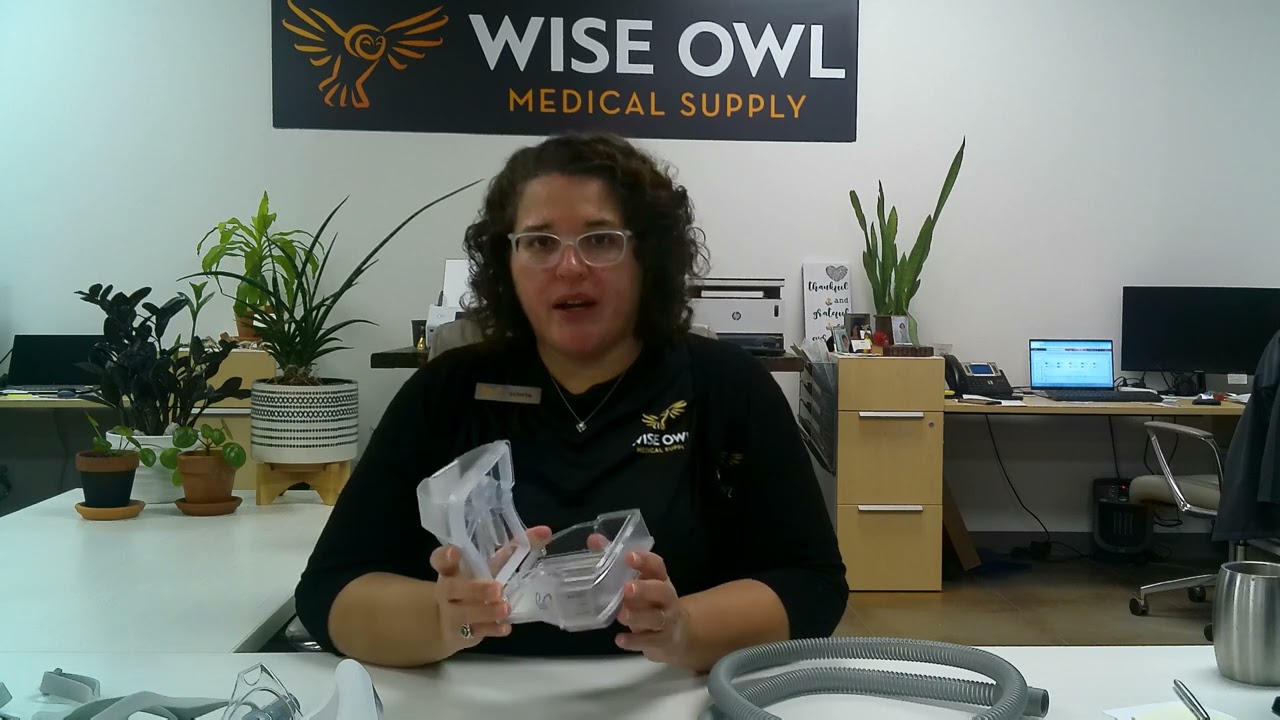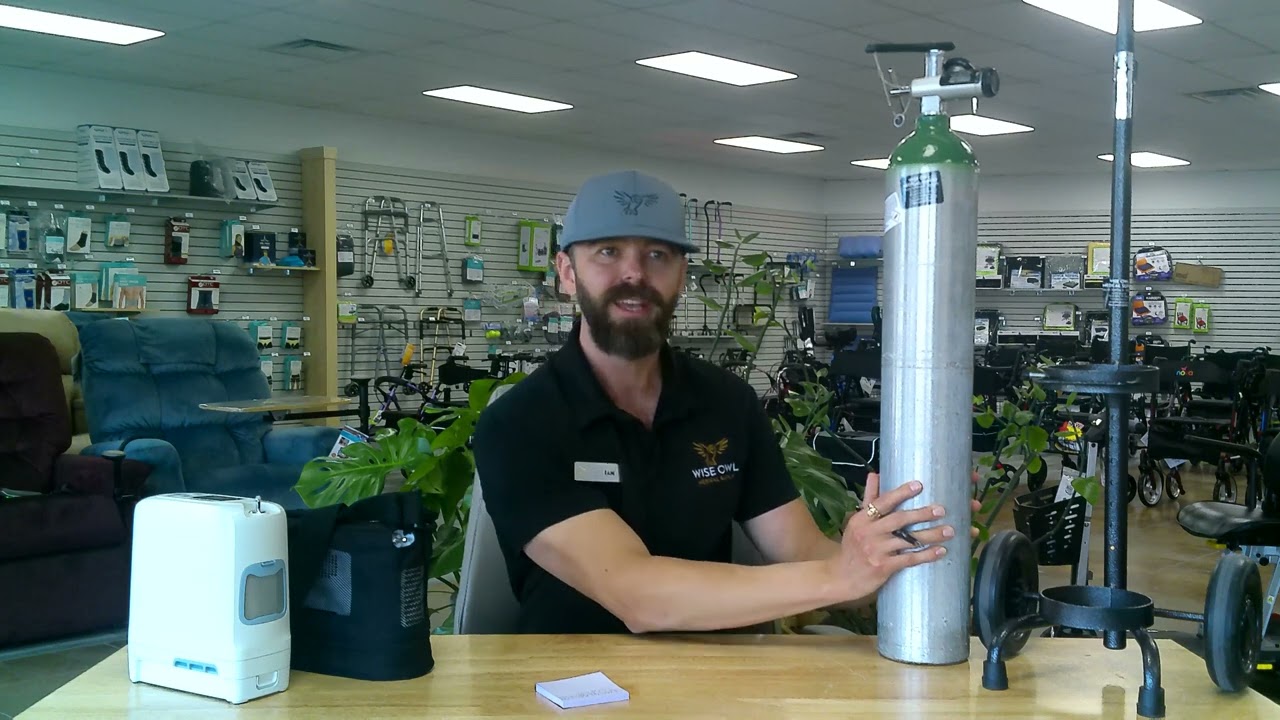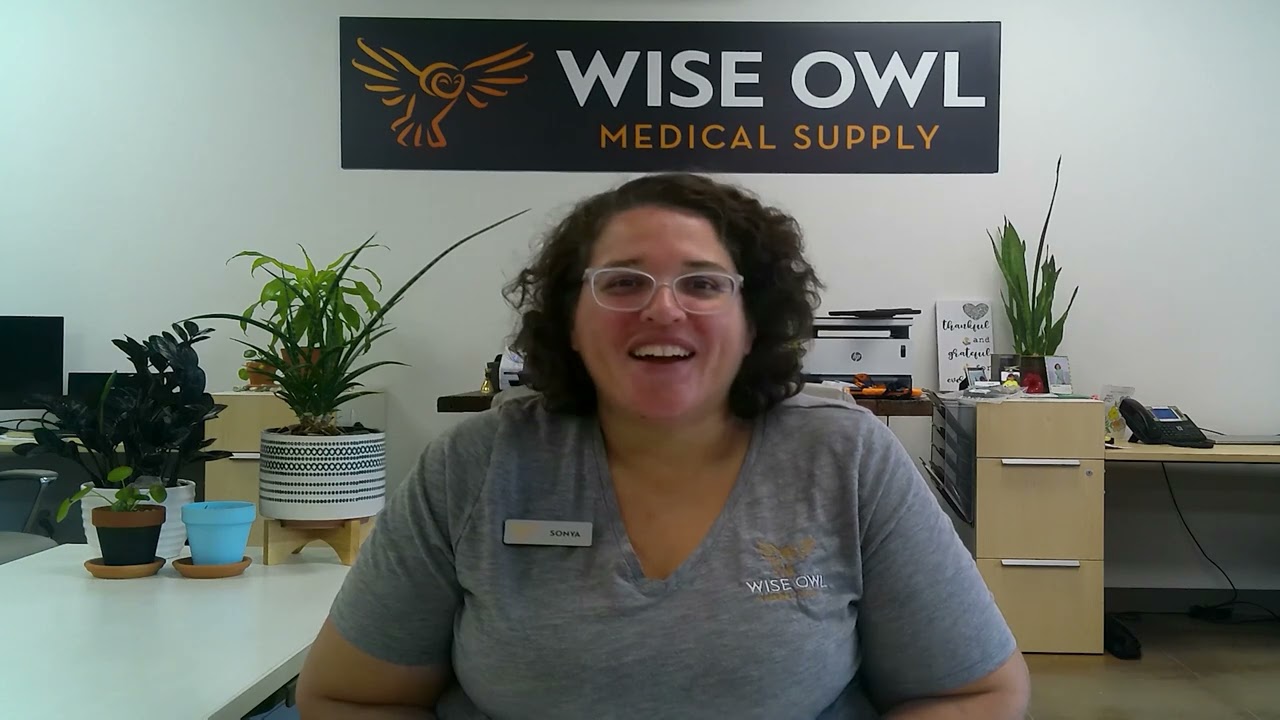Can CPAP make you sick? Yes. However, regularly scheduled cleanings will prevent sickness from your CPAP machine.
A guy named Jerry came in to see me a while back. He’d had trouble sleeping, and his wife had complained about his snoring, so he used our sleep apnea survey to find out if that might be the problem. When he took his results to his doctor, Jerry ended up having tests run to confirm it: he had sleep apnea. The doctor put him on PAP therapy, which is what brought him in to me.
For a while, things went well. I ran into Jerry in the store, and he told me he’d been sleeping great since he started with his PAP machine. He told me his wife didn’t complain about his snoring, either, which seemed to do him some good; you could tell by looking at him that having a good home life mattered for him. A few weeks later, Jerry came in again. His nose was running, and the skin of his cheeks was cracked and raw. I asked him what was going on, and he told me he was having some weird rashes on his face, and he thought he’d gotten into something he didn’t know he was allergic to.
I looked at Jerry for a minute, and then I asked him “Have you been cleaning your mask and tubes like we talked about?”
Jerry blinked a couple times and said “I thought you were kidding.”
But it wasn’t a joke when I said it to him the first time, and it’s not a joke now. It’s important, and it can have major effects on your health. So I’ll say it to you, as I said it to Jerry and to any number of other people:
If you have a PAP machine, you have got to keep it clean!
How Bad Can It Be, Really?
If you’re like me, you sleep six to eight hours each night. If you’re on PAP therapy, that’s a quarter to a third of every day using your PAP machine. It’s a great thing for sleep apnea, which, untreated, can lead to any number of disorders, or even death. (See “What Is Sleep Apnea And What To Do About It.” for more information.) But without appropriate care for the PAP machine, it can also produce problems.
Think about it. Your PAP mask stays on your face for hours at a time. That means it traps your skin oils and sweat next to your skin for those hours. Over time, this can lead to acne breakouts like teenagers get, and it can lead to more serious rashes and even skin infections.
Further, you breathe out into your PAP mask throughout the night. Anything that your nose traps during the day, anything that you miss with brushing and flossing, is part of what you exhale into your mask. If you let it build up, not only are you sucking bits of it back in with every breath, you’re also pulling in the things that feed off of them, which can lead to sinus infections and other respiratory diseases.
There’s this, too: your PAP machine most likely has a humidifier, which helps to keep the air you take in from being too dry and causing sinus and other breathing problems. But that also means the inside of your PAP machine is a moist environment, and many humidifiers work with heat, which makes your PAP machine the kind of warm, damp environment that bacteria and fungi love.
Unless, of course, you keep your PAP machine clean.
How Can I Have My Good, Clean Fun?
Don’t worry. You can help prevent many PAP machine problems and keep your machine working at peak efficiency by following a simple cleaning schedule.
Once a day, do the following:
- Thoroughly wipe out your mask to remove oil from your skin and other debris that build up with regular use.
- Empty the humidifier and let it air-dry.
Once a week, do the following:
- Wash the humidifier, tubing, mask, mask frame, cushion / pillow, and headgear.
- You can use a solution of one part white vinegar to four parts water.
- You can also use a light dish-soap such as Dawn and water.
- You can machine-wash the headgear on the delicate cycle, but it’s better to hand-wash it. However you wash it, though, let it air-dry.
A couple of other useful tips will help, too:
- Only use distilled water in your humidifier. Mineral buildup from tap or spring water can clog your PAP machine. Tap and spring water are also more apt to breed bacteria than distilled water,
- Avoid harsh chemicals like bleach and ammonia, as well as alcohol and petroleum-based products, when cleaning your PAP machine. For one thing, they will cause the plastic and rubber in your PAP machine to break down more quickly. For another, they don’t always evaporate fully before you put your PAP machine back together and use it, which means you’ll be pumped full of them when you sleep that night.
We’ve Got Your Back When Dirt Attacks
I know that keeping your PAP machine clean is one more thing you’ve got to keep up with, and I know you’re busy. But if you want to succeed with PAP therapy, you’ve got to do it.
The good news is that WE HELP HARDER at Wise Owl. We’ve got a video to help explain everything, and we have a system to make it easier to keep up with cleaning. We’ve also got an easy-to-read printed version we’re happy to send to you. Take 30 seconds to fill out the form below and we’ll be happy to send it your way.
Just one more thing: The print guide also has information about keeping your PAP machine resupplied. We’ve got helpful information and support for that, too; check it out!
Let us show you how We Help Harder at Wise Owl.


